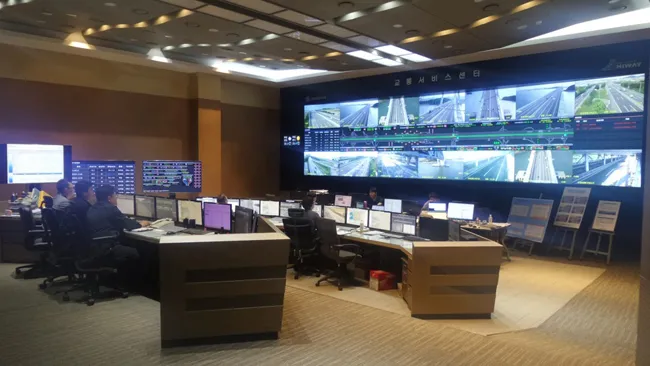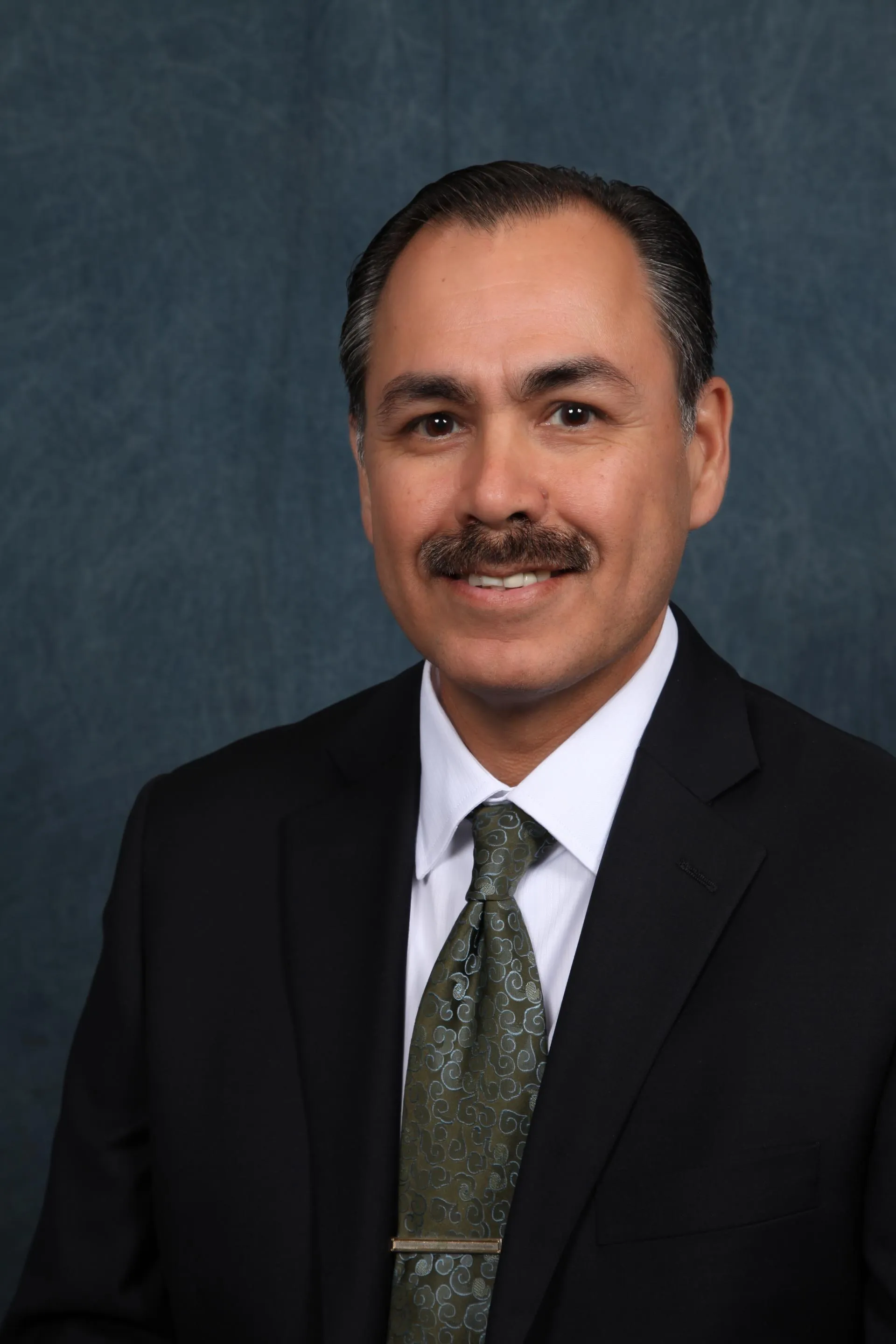
However, technological innovation also offers an increasingly attractive pathway for Asia’s decision-makers. They need look no further than the Incheon International Airport Expressway, which comprises Yeongjong Grand Bridge, the world’s first three-dimensional self-anchored suspension bridge, running 4,420m with double-decked bridge that accommodates road (upper deck and lower deck) and railway (lower deck) traffic.
Dense fog and strong winds occur frequently on Yeongjong Grand Bridge located on the sea. On February 11th, 2015, fog had lowered visibility to 50m at the time of a serious crash which caused a 106-car rear-end collision on the bridge. After the accident, New Airport Hiway Co (NAH), which manages the facility, conducted a joint research program with Korea’s Ministry of Land, Infrastructure and Transport, the National Police Agency and the Road Traffic Authority to identify the traffic management countermeasures to ensure the driver’s safety at the weather-vulnerable marine bridge.
As a result of these coordinated efforts, NAH developed an Intelligent Variable Speed Enforcement System (iVSES). This monitors conditions such as fog, wind, rainfall and snowfall in real time, and transmits them to the traffic control centre which may in turn decide to lower the speed limit or close the bridge. Drivers are automatically notified of the new speed limit through a variety of channels including variable speed limit signs, variable message signs, lane control systems, the emergency broadcasting system, as well as fog lights. Simultaneously, the section video enforcement system detects any speed limit violations resulting from the changes to the speed limit. And an Automatic Incident Detection System detects any occurrences, such as stopped vehicles or pedestrians, within 15 seconds, and triggers the appropriate emergency protocols.
Commenting on the award, Ji-Young Koh, President of New Airport Hiway Co, noted, “In the future, we hope that the project will become a reference in many countries around the world and lead to the introduction of innovative safety facilities to prevent car traffic accidents and ensure the safety of road users.”









